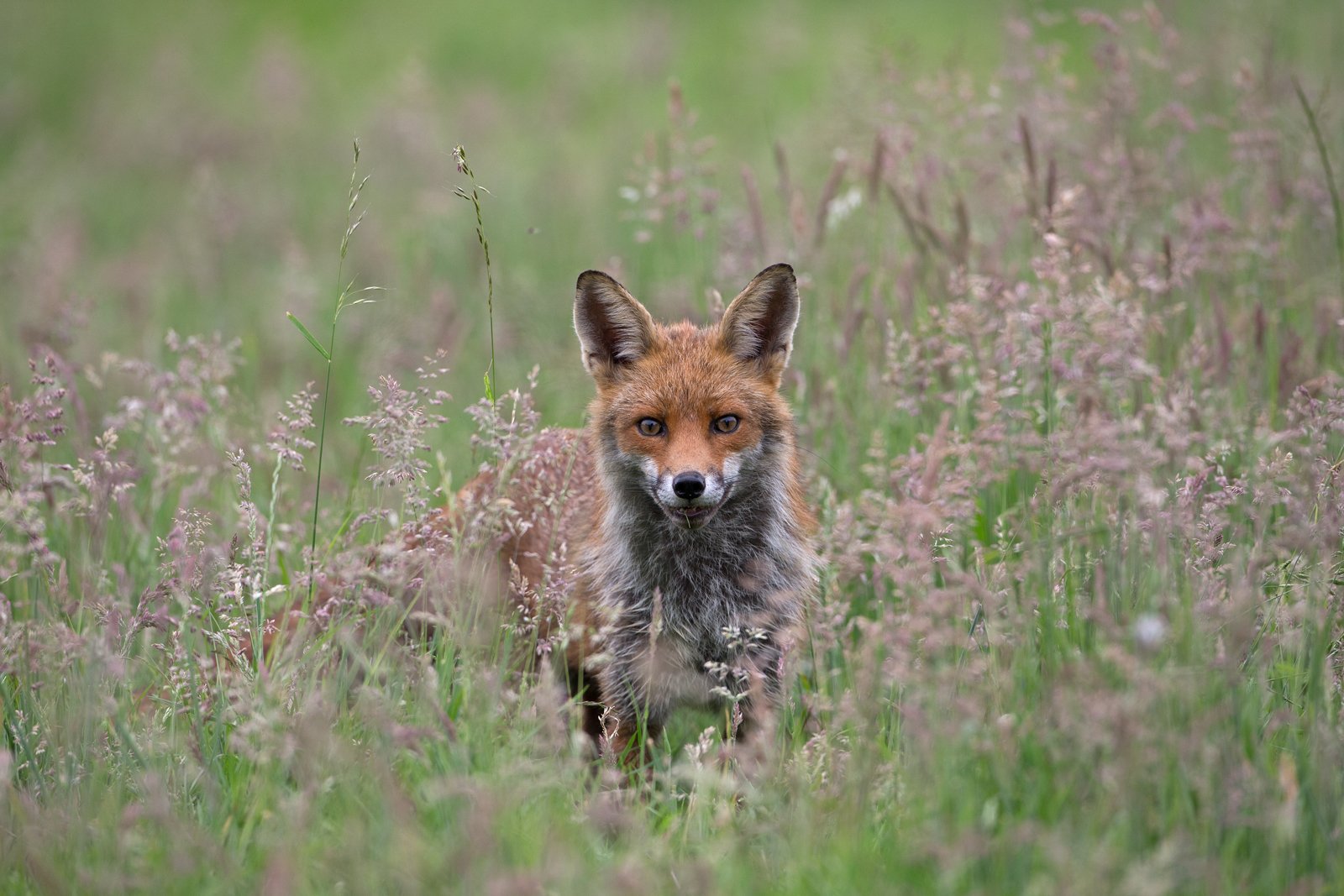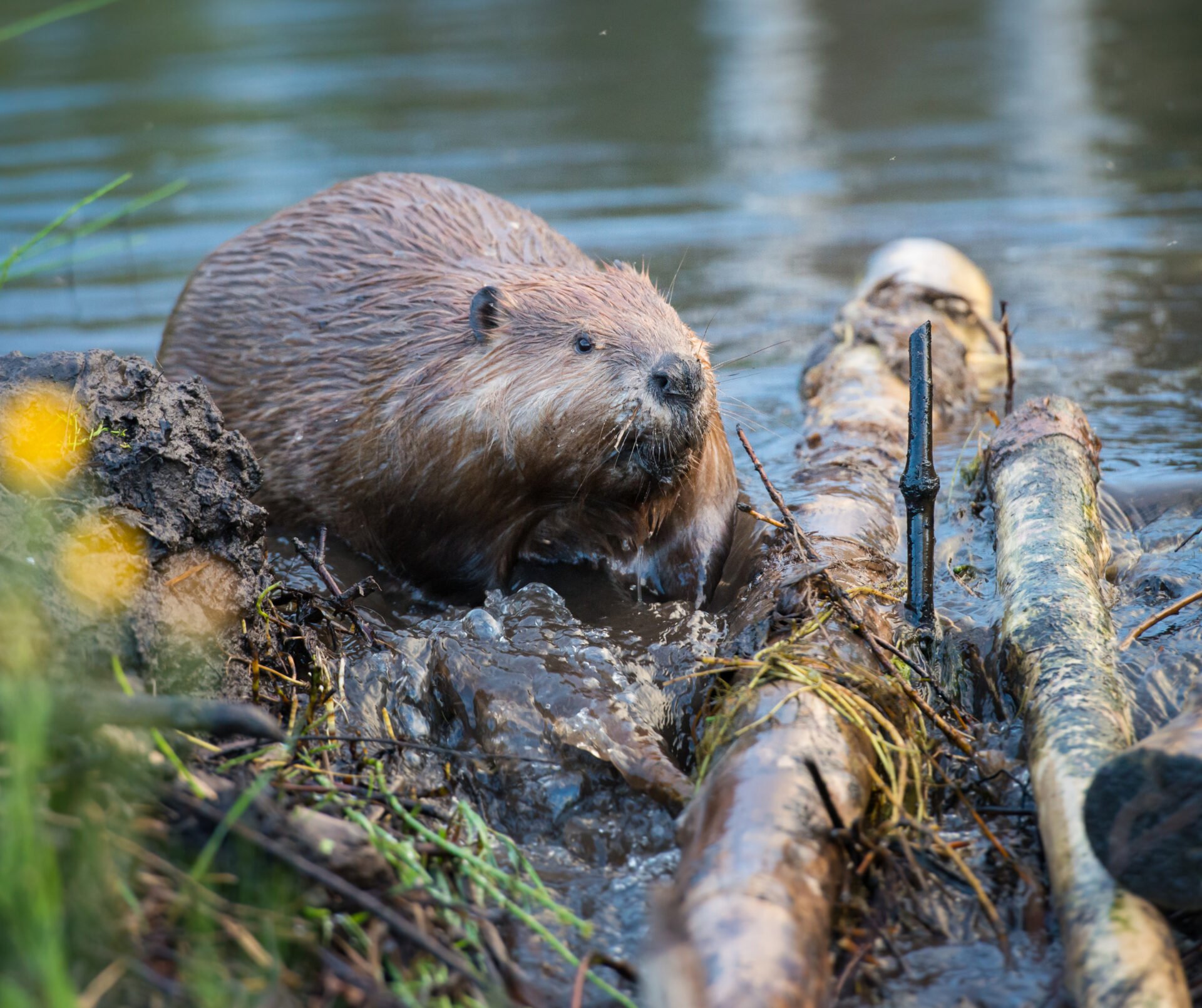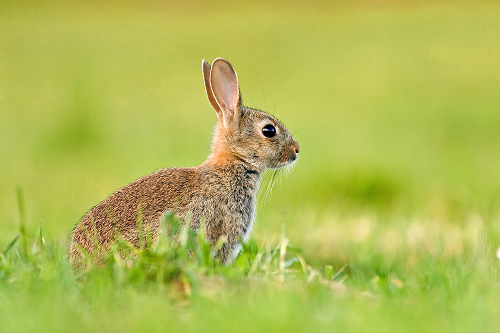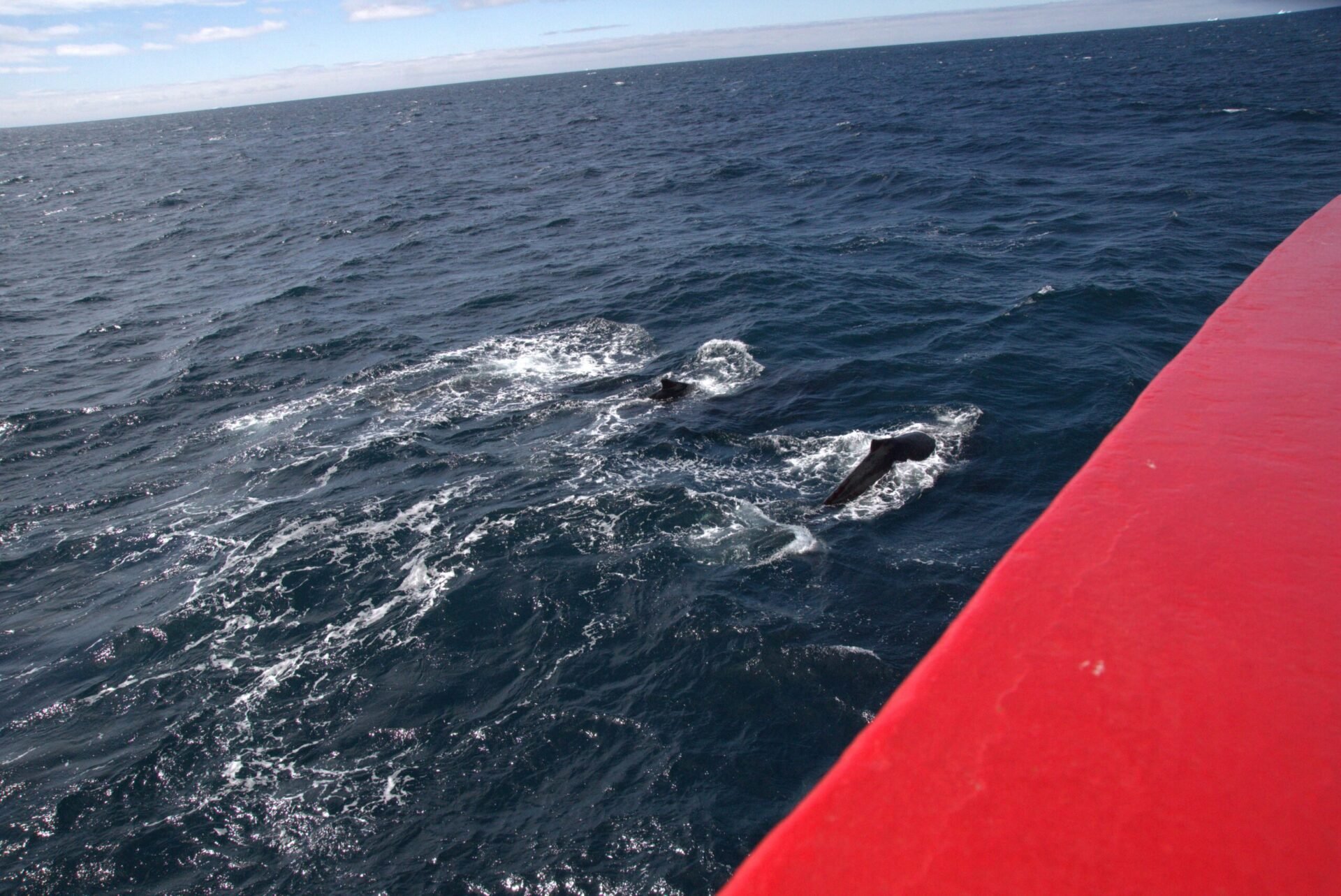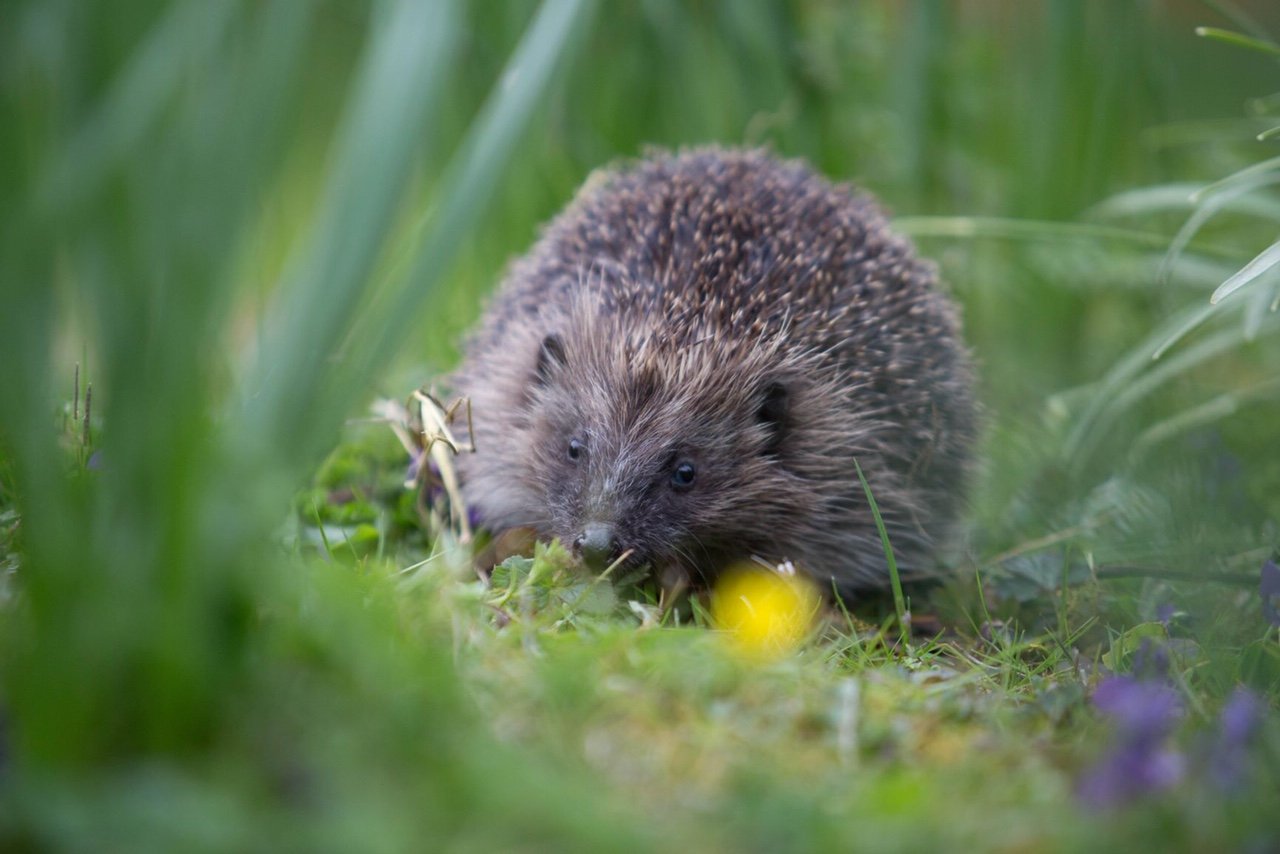Home / Our work / Position statements
Position statements
As part of our role to advocate sustainable policy, we issue clear statements that describe our position on some of the issues mammals face.
Wildlife photography is rewarding and an important way to engage people in nature and conservation. However photographers should ensure they are aware of their potential negative impact on wildlife and habitats, and ensure they take only photos. 15 Minute Read
A paper detailing analysis conducted by the Mammal Society, submitted as evidence to the Public Bill Committee for the Planning and Infrastructure Bill. 15 Minute Read
The Mammal Society recognises that the integration of artificial intelligence (AI) into wildlife conservation efforts presents both significant opportunities and substantial risks. 10 minute read
Feeding mammals in the wrong way can cause problems for those animals, other wildlife, or people. This guidance is intended to prevent well-meaning efforts to support local mammals from inadvertently doing harm. 10 min Read
The latest outbreak of bird flu (HPAI) has seen cases in wild and domestic birds across most of Britain. 1 min Read
The native red squirrel has declined precipitously due almost wholly to the introduction of the North American grey squirrel. 4 min Read
The beaver is currently classed as Endangered on the GB Red List. The species became extinct in southern Britain and Wales by around 1300, but persisted in Scotland until around 1600. 4 min Read
Mammal translocations are commonly used to aid conservation. All such translocations should follow relevant guidelines, include post-release monitoring, and be undertaken as part of a national strategy and not ad hoc. 2 min Read
There are just 48 native land mammals in Britain together with 30 marine species regularly observed in UK waters, compared with thousands of vascular plants, fungi, bryophytes and invertebrates, yet one in four of the UK’s land mammals are Threatened (Vulnerable, Endangered, Critically Endangered or Extinct), based on a recent review by the Mammal Society. 14 min Read
Invasive Non-Native Species (INNS) are one of the major threats to biodiversity globally. As well as affecting the environment, INNS can have a negative impact on the economy and human health. It is estimated that INNS, plants and animals, cost the British economy about £1.7 billion per year, but this could be significantly higher. Often, people are unsure which mammals are invasive and why. 13 min Read
Badgers are affected by Bovine Tuberculosis (bTB). The incidence of bTB in cattle has increased, and the epidemic has spread geographically since the 1980s and continues to do so. The increasing incidence of TB in cattle and badgers is clearly an important and complex problem which will not have a single simple solution. 13 min Read
The reintroduction of lynx to Britain is a viable proposition that conforms to the requirements of the Habitats Directive. Provided the factors described above are taken into consideration, the Society considers that restoration of this top predator could benefit the restoration and function of habitats and ecosystems in Britain. 9 min Read
The Mammal Society has joined a coalition of ten environmental and outdoor organisations calling for action by the Scottish Government to introduce urgent safeguards for mountain hare populations. 3 min Read
A more up-to-date statement on badgers and bovine tuberculosis is now available. Badgers are affected by Bovine Tuberculosis (bTB). The incidence of bTB in cattle has increased, and the epidemic has spread geographically since the 1980s and continues to do so. 11 min Read
Position Statement on the proposed introduction of red squirrels to the Isle of Man and the amendment of legislation to allow consideration of a licence to enable such an introduction. 5 min Read
The Mammal Society’s response to Defra’s consultation on its plans to update the criteria for badger control licence applications. 2 min Read
European beavers were present in the UK until the 16th century. Two populations in Scotland have recently been established: one through a licensed release at Knapdale, and one through unauthorised reintroductions on the River Tay. 7 min Read
The Mammal Society is very concerned that a future repeal of the current law banning hunting with dogs would result in inadequate and anomalous protection of the welfare of wild mammals. 2 min Read
After an absence of up to 700 years, wild boar Sus scrofa have re-established in a number of locations Britain, in particular the Weald (Kent/Sussex) and the Forest of Dean (Gloucestershire). 10 min Read
Response to the Public Consultation: Controlling the Spread of BTb in High Incidence Areas in England: Badger Culling. A more up-to-date statement on badgers and bovine tuberculosis is now available and can be found here. 40 min Read
The Mammal Society is issuing this statement because unless non-whaling countries force some progress on the development of the Revised Management Scheme, the whaling that is happening will drift further out of international control and there is a danger that the IWC will no longer be regarded as a reputable body. 6 min Read
The Mammal Society regrets the introduction of hedgehogs to the Uists, their release on several other British islands, and their sale around the world as part of the pet trade. These actions are extremely irresponsible. 3 min Read





